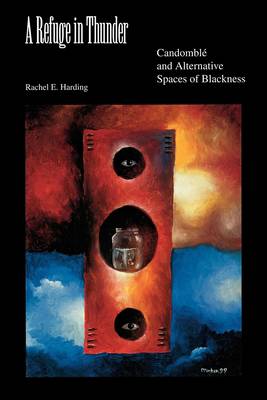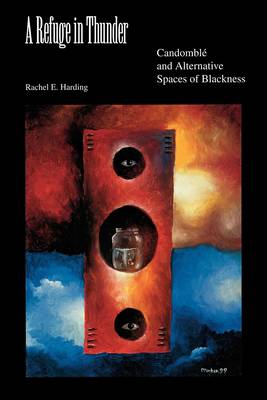
- Afhalen na 1 uur in een winkel met voorraad
- Gratis thuislevering in België vanaf € 30
- Ruim aanbod met 7 miljoen producten
- Afhalen na 1 uur in een winkel met voorraad
- Gratis thuislevering in België vanaf € 30
- Ruim aanbod met 7 miljoen producten
Omschrijving
"[An important] detailing of the development and evolution of a major institution of the African Diaspora [and] of Brazilian and Afro-Brazilian identity." --Sheila S. Walker
The Afro-Brazilian religion Candomblé has long been recognized as an extraordinary resource of African tradition, values, and identity among its adherents in Bahia, Brazil. Outlawed and persecuted in the late colonial and imperial period, Candomblé nevertheless developed as one of the major religious expressions of the Afro-Atlantic diaspora. Drawing principally on primary sources, such as police archives, Rachel E. Harding describes the development of the religion as an "alternative" space in which subjugated and enslaved blacks could gain a sense of individual and collective identity in opposition to the subaltern status imposed upon them by the dominant society.
Specificaties
Betrokkenen
- Auteur(s):
- Uitgeverij:
Inhoud
- Aantal bladzijden:
- 272
- Taal:
- Engels
- Reeks:
Eigenschappen
- Productcode (EAN):
- 9780253216106
- Verschijningsdatum:
- 19/02/2003
- Uitvoering:
- Paperback
- Formaat:
- Trade paperback (VS)
- Afmetingen:
- 154 mm x 234 mm
- Gewicht:
- 421 g

Alleen bij Standaard Boekhandel
Beoordelingen
We publiceren alleen reviews die voldoen aan de voorwaarden voor reviews. Bekijk onze voorwaarden voor reviews.









